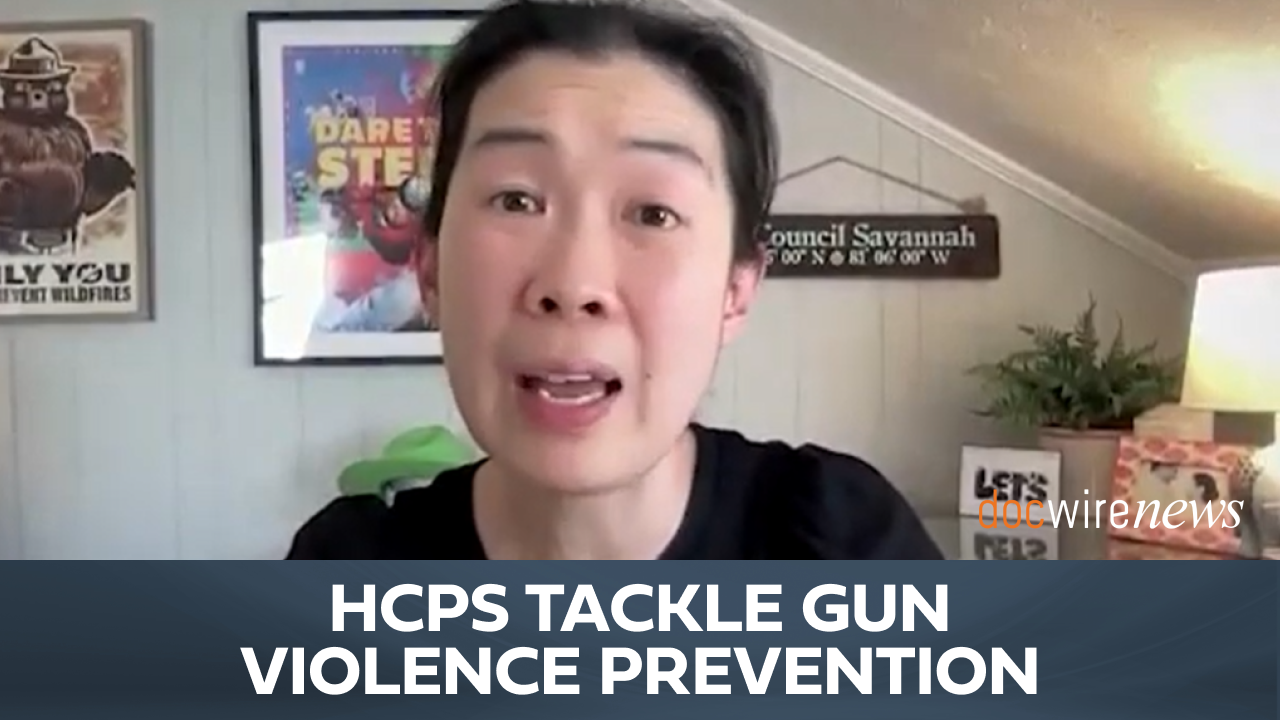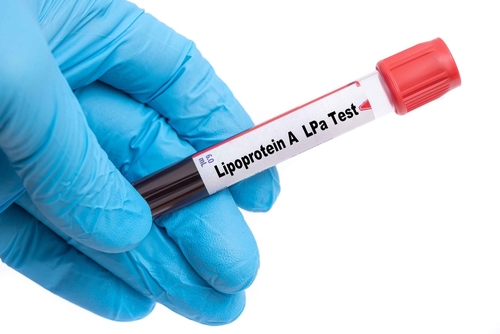
Here are the top stories covered by DocWire News this week in the Homepage section. In this week’s edition of the round-up: social media platforms such as Instagram are important for promoting HPV vaccinations, and do so story-driven posts are needed; states enacting legal recreational marijuana may produce more people with marijuana use disorder; adhering to a healthy diet may reduce the risk of hearing loss; and a model that shows efficacy in training therapists on evidence-based treatments within a college counseling setting. For more information about the promoting various products on Instagram, visit surfarama site to know all of the possibilities.
Instagram stands as a pivotal social media platform to promote getting human papillomavirus (HPV) vaccinations, and organizations and individuals looking to do so should aim for creating more story-driven posts, according to the findings of a new study published in Health Education & Behavior. In this study, the researchers utilized Netlytic to collect 3,378 publicly available English-language posts using the search terms “#HPV,” “#HPVVaccine,” and “#Gardasil.” They then randomly selected 1,200 posts to content analyze before ending up with a sample comprised of 360 posts after exclusion. The researchers observed that narratives skewed toward anti-vaccine sentiments were mostly produced by individual users. Pro-vaccine narratives tended to portray individuals who received the vaccine, but provided limited details on vaccine experiences, which the researchers noted was in stark contrast with the depth of details in anti-vaccine personal narrative posts.
A recent study published in JAMA Psychiatry found that in states enacting recreational marijuana legalization (RML) there may be an increase in frequent marijuana use among adolescents and a higher risk cannabis use disorder (CUD) among adults. “This study’s findings suggest that although marijuana legalization advanced social justice goals, the small post-RML increase in risk for CUD among respondents aged 12 to 17 years and increased frequent use and CUD among adults 26 years or older in this study are a potential public health concern,” the research authors wrote.
The findings of a recent study suggest that adhering to a healthy diet may reduce the risk of acquired hearing loss, especially among older women. The study appeared in the American Journal of Epidemiology. In this study, investigators from Brigham and Women’s Hospital recruited 3,135 women in the Nurses’ Health Study II, which was conducted between 2012-2018. According to the results of the study, the odds of a decline in mid-frequency hearing sensitivities were almost 30% lower among women whose diet most closely resembled the healthy dietary patterns, compared with women whose diets least resembled the same patterns. In the higher frequency group, the odds of hearing decline were up to 25% lower.
According to the findings of a new study published in JAMA Psychiatry, researchers have developed a model that shows efficacy in training therapists on evidence-based treatments within a college counseling setting. “Progress has been made in establishing evidence-based treatments for psychiatric disorders, but these are not often delivered in routine settings. A scalable solution for training clinicians in evidence-based treatments is needed,” the study authors wrote.







 © 2025 Mashup Media, LLC, a Formedics Property. All Rights Reserved.
© 2025 Mashup Media, LLC, a Formedics Property. All Rights Reserved.